AKA the "Purple Pill"
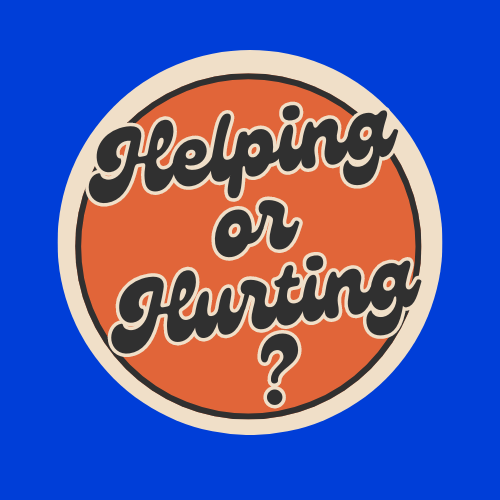
The topic of drug-induced nutrient depletion has come up multiple times in this article, and it was one of the very first topics discussed back in 2016. Medications depleting the nutrients necessary for our bodies to run efficiently is not a foreign topic, and if you search the literature, you won't find loads of information. The one nutrient depletor that I find to be the most interesting are proton pump inhibitors or PPIs.
PPIs block gastric acid secretion by irreversibly binding to and inhibiting the hydrogen-potassium ATPase pump on the luminal surface of the parietal cell membrane; in layman's terms, they shut down the stomach's production of acid. This group of drugs which includes omeprazole, esopmeprazole, pantoprazole, lansoprazole, dexlansoprazole, and rabeprazole.
Omeprazole, also known by its brand name Prilosec, was patented in 1978 and became available as a prescription in 1988. In 2003, the FDA approved omeprazole for OTC use, and it can now be purchased without a prescription. This is where the question of helping vs. hurting comes in.
PPIs are indicated for gastritis, heartburn, and GERD, all common gastrointestinal issues. The recommended treatment course is for 4-8 weeks; however, in a few specific chronic conditions, like Barrett's esophagitis and stomach ulcers, they are used long term.
An observation study from 2023 looked at the usage of PPIs in the general population, and their estimate was that 25% of the population is using a PPI.
One of the most common uses of PPIs is for gastritis, which happens when the stomach lining—known as the mucosa—is inflamed. The stomach lining contains special cells that produce acid and enzymes, which help break down food for digestion, and mucus, which protects the stomach lining from acid. When the stomach lining is inflamed, it produces less acid, enzymes, and mucus. Gastritis is sometimes mistakenly used to describe any symptoms of pain or discomfort in the upper abdomen.
Gastritis may be acute or chronic. Sudden, severe inflammation of the stomach lining is called acute gastritis. Inflammation that lasts for a long time is called chronic gastritis. Chronic gastritis may last for years or even a lifetime if it is left untreated.
One of the crazy things about gastritis is that the symptoms don't always make sense. Some patients experience pain and discomfort, while others don't have any symptoms. The most common symptoms include upper abdominal discomfort or pain, nausea, and vomiting. Erosive gastritis is a little more violent as the lining of the stomach can bleed, causing bloody vomit, black and tarry stools, and blood in the stools.
The simplest way to think of gastritis is like having a sunburn on the lining of your stomach. If you have a sunburn on the lining and you splash acid on the sunburn, do you think it will hurt? The answer to that question is simple: yes.
When we look at the tools that most providers have in their toolbox, PPIs are one way to treat gastritis. Unfortunately, this is not a long-term solution, as you will see.
It is not uncommon for someone to stop in the pharmacy, and during the conversation, I find out they have been taking a PPI for 20+ years. Taking the PPI controls their symptoms of gastritis and GERD, and stopping them is not an option as symptoms return almost immediately. PPIs seem to be nearly as addictive as illicit drugs, and you can understand why when the symptoms start to rev up.
Unfortunately, in the conventional world of medicine, there really isn't a solution for sun-burnt gastric mucosa other than making the stomach contents less acidic. The normal pH of the stomach when it is empty is about 1.4, or the acidity of battery acid. When we take a PPI, the pH increases up to 4, which is about as acidic as a beer.
Do you think increasing the stomach's pH will affect nutrient absorption? PPIs can affect the absorption of nutrients like depleting Vitamin B12, Vitamin C, iron, zinc, calcium, and magnesium. Magnesium deficiency is associated with increased cardiovascular risk, such as hypertension, stroke, heart attack, and atherosclerosis. Decreased calcium absorption can affect the integrity of our bone structure. Zinc deficiency can affect the immune system and our ability to heal and can disrupt our hormones.
What is the solution to this problem? The sunburn can be fixed with targeted nutrients such as zinc carnosine and L-glutamine. Zinc carnosine is well-documented in scientific research to support GI integrity and intestinal permeability. Zinc carnosine has been studied in Japan for years and has studies showing that it can improve the integrity of the stomach lining and offset the side effects of NSAIDs.
When zinc is attached to carnosine, the resulting complex supports gut ecology, permeability, and mucosa. Research suggests zinc-carnosine stimulates healthy gut reactions and helps a healthy gut response to everyday life. Carnosine is a dipeptide (made up of the amino acids beta-alanine and L-histidine) in muscle cells and nerve cells. It is suspected that carnosine supports tight intercellular junctions and cell-mediated immunity.
L-glutamine is a crucial amino acid for supporting a healthy GI tract, notably by maintaining the integrity of the intestinal wall. It is the most important fuel for intestinal tissue, and research shows it is imperative for gastrointestinal integrity and a healthy immune response.
Soothing the sunburn is an integral part of the healing. It is done with mucus-like nutrients such as licorice root, apple pectin, aloe vera leaf extract, slippery elm, marshmallow, okra, and mucin. These plant-derived biologically active constituents support and comfort the gastrointestinal tract. The benefit comes from the ingredients contained in each nutrient, such as vitamins, enzymes, minerals, mucopolysaccharides, fiber, lignin, saponins, and amino acids.
PPIs are amazing tools for GI issues when used appropriately, and they are good at helping us in times of gastric distress. However, when taken for extended periods of time without addressing the underlying cause of what is happening in your gut, PPIs can be hurtful to our bodies as they deprive nutrients and weaken our immune system.
Please stop in or call the pharmacy at 701-483-4858 if you need help stopping your PPI. You can also access this and other articles on our website at irsfeldpharmacy.com.
Until next time, be vigilant about your health.



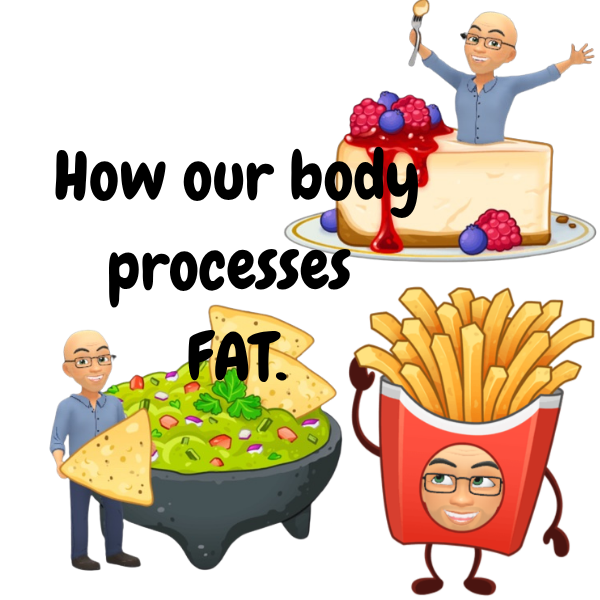
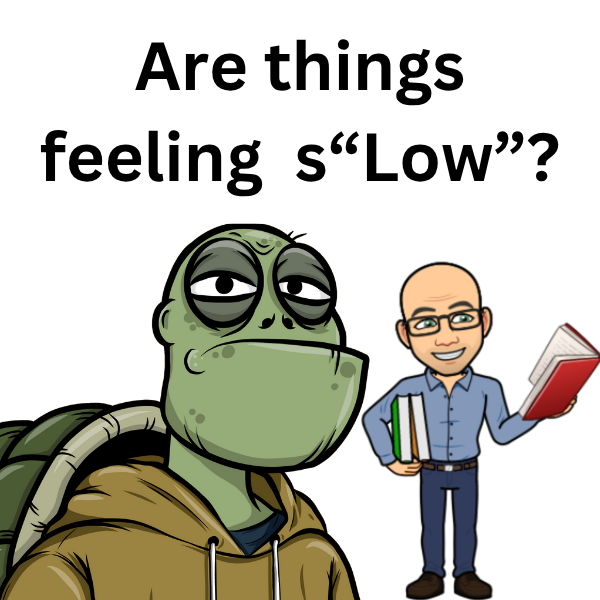

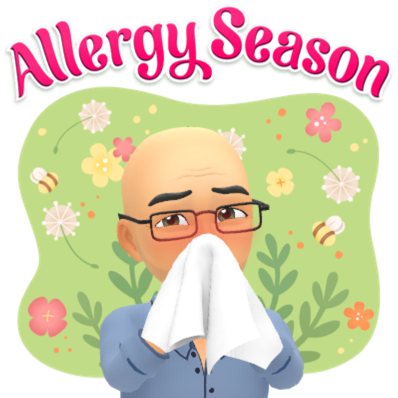
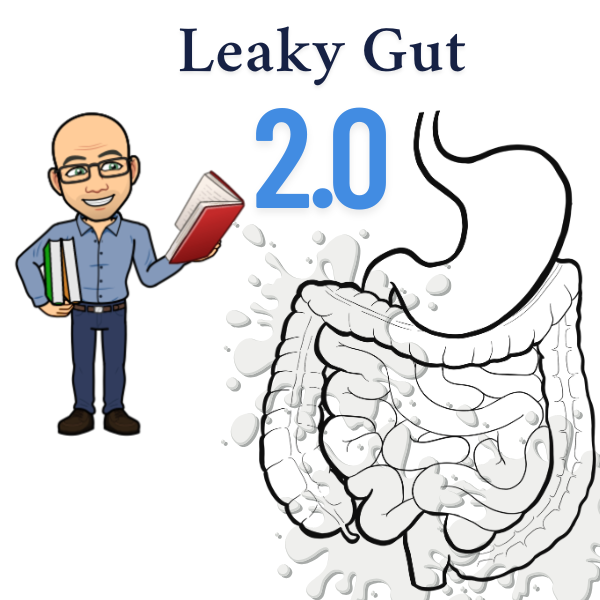
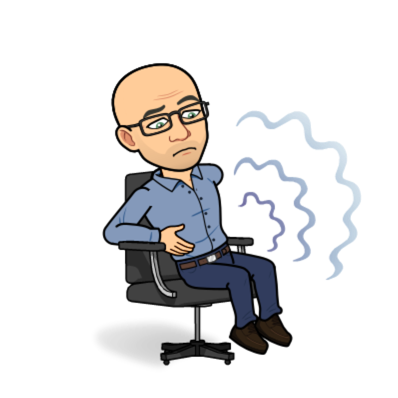


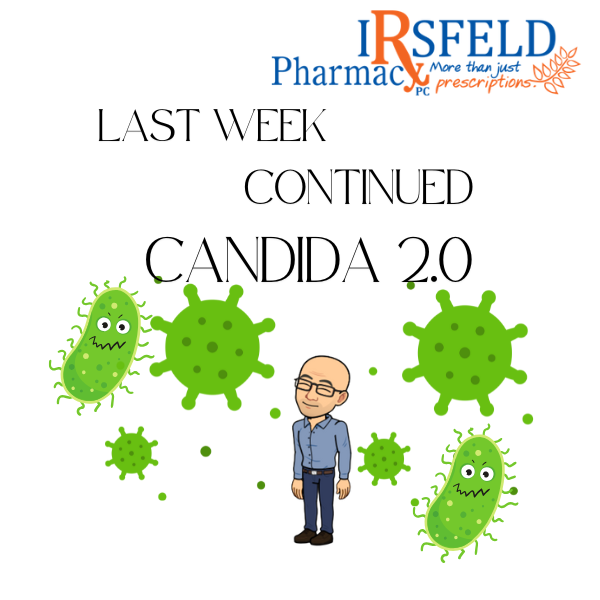
Share On: